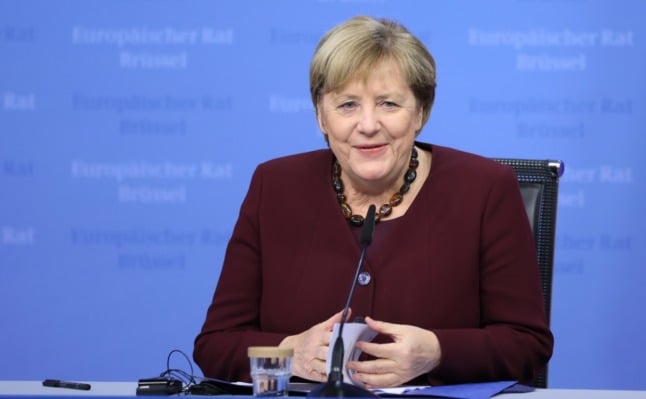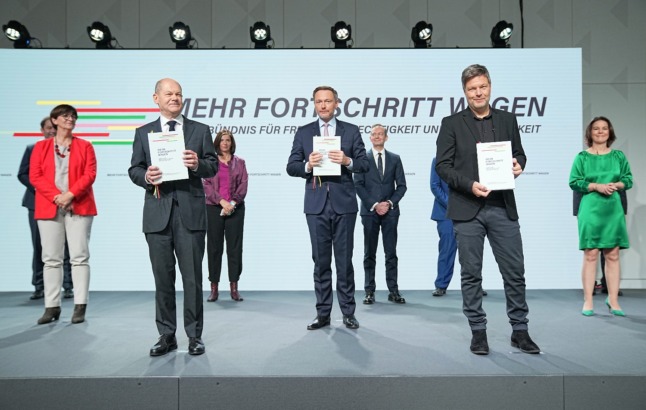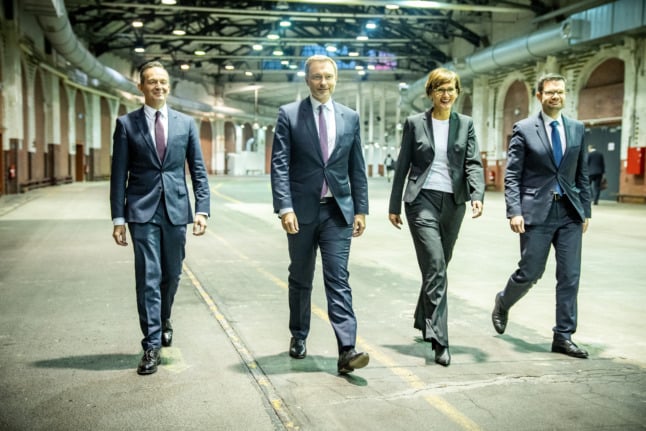Merkel is bowing out of politics after 16 years in power, while her CDU-CSU conservative bloc is facing a stint in opposition after scoring its worst-ever result in last month’s general election.
Their main rivals, the centre-left Social Democrats, are now negotiating to form a coalition with the pro-business FDP and the ecologist Greens.
Their aim is to have Finance Minister and Vice-Chancellor Scholz installed as chancellor by early December, the parties announced on Thursday.
Asked by the Süddeutsche newspaper how she felt about a Social Democrat being back in charge soon, Merkel replied: “There will be political differences, of course. But I will be able to sleep soundly.”
READ ALSO:
- What will Angela Merkel do when she retires – and how much will she earn?
- When exactly will Merkel leave office?
The veteran leader also indicated she didn’t expect major fiscal policy shifts under Scholz, in a country that prides itself on budgetary rigour.
As guardian of the nation’s finances since 2018, Scholz did not give the impression of “having loose purse strings”, Merkel said.
If the coalition talks are successful, the new three-way government is planning major investments in climate protection, infrastructure and education.
Given that the parties have also pledged not to raise taxes and to respect Germany’s constitutionally enshrined “debt brake” that caps new borrowing, it remains to be seen how the plans will be funded.
Merkel will stay on in a caretaker capacity until the new government is in place.
If the SPD, FDP and Greens are able to stick to their timetable, Merkel will fall a few days short of breaking Helmut Kohl’s record as longest-serving postwar chancellor.
Merkel, who has already undertaken several farewell visits abroad, said she was “flexible” about not knowing in advance when her last day on the job will be.
“I haven’t given any thought to what I’ll do the day after that,” she added.




 Please whitelist us to continue reading.
Please whitelist us to continue reading.
Member comments